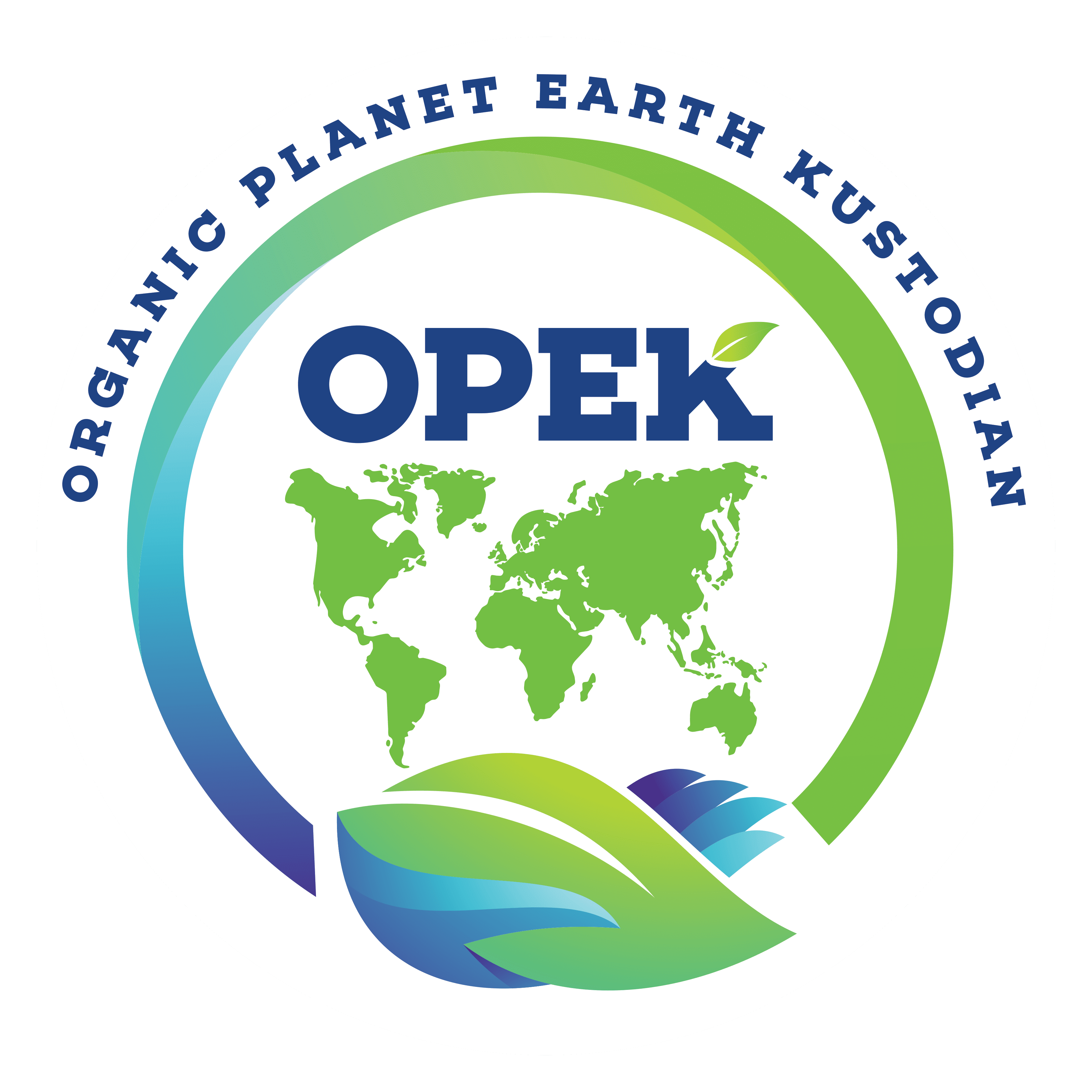
Plastics and nature just do not mix
It is a well-known fact that synthetically made plastics do not mix well with the environment. Shopping bags that wash up on beaches and commercial plastics that are found in landfill can take up to 500 years to break down. With an average use of 15 minutes before disposal, it seems that plastic bags are an unsustainable solution for everyday consumer needs.
Plastic has become one of the largest contributors to Earth’s pollution problem today. Sadly, a huge 80 percent of ocean debris is derived from plastic materials and more than 250 million metric tons of plastic are estimated to make its way into the ocean by 2025. This sudden increase of ocean pollution is not only unattractive, but also destructive to the marine life and aquatic environment.
The solution?
On average, Australians use around 4 billion plastic bags every year with an estimated 50 million of these ending up in our oceans. With this population growing by the minute, an environmentally friendly solution for these every day items has become an absolute necessity.
Bioplastics (or biodegradable plastics) are made from natural materials such as cornstarch. They contain renewable and fossil-fuel-based carbon that replaces many of the non-renewable aspects of traditional plastic. The energy it takes to manufacture and produce bioplastics is almost half of that of traditional petroleum based plastics. Unfortunately, not all bioplastics produced are biodegradable or compostable. If the process contains fossil materials, the product will be completely biodegradable and compostable, but if not, bioplastic may just be referring to the biobased content.
Biodegradable plastics are made from petrochemicals, but have been manufactured to break down when exposed to moisture and air much easier than traditional plastic. It is important to note that biodegradable items should never end up in landfill, as this environment will not allow them to completely break down. Unfortunately, this means that most biodegradable plastics cannot be used for composting.
What is composting?
Compost is a rich organic soil that is formed when micro-organisms decompose natural waste and has numerous benefits for the environment. By composting, a typical family can reuse more than 300 Kilograms of waste each year.
Items that can be composted:
- Paper bags and napkins
- Cotton balls
- Flowers
- Tissues
- Branches
- Vegetables
- Meat
- Tea bags
- Coffee filters
It is also important to know what cannot be composted. Here are a few items that cannot be composted:
- Styrofoam
- Plastic bags
- Diapers
- Dirt
- Weeds
- Plastic or natural corks
- Cooking oil
As mentioned by the Australian Bioplastics Association it is,
critical that compostable plastics carry the Australian Standards certification to define the product will biodegrade in a commercial composting operation.
The Australian Organics Recycling Association (AORA) national policy is to ban all single use non compostable plastic bags that cannot be reused, recycled, or recovered in any way. We all must come together for the greater good of the people and the Earth and do our part in living a sustainable, environmentally friendly life.


 by
by